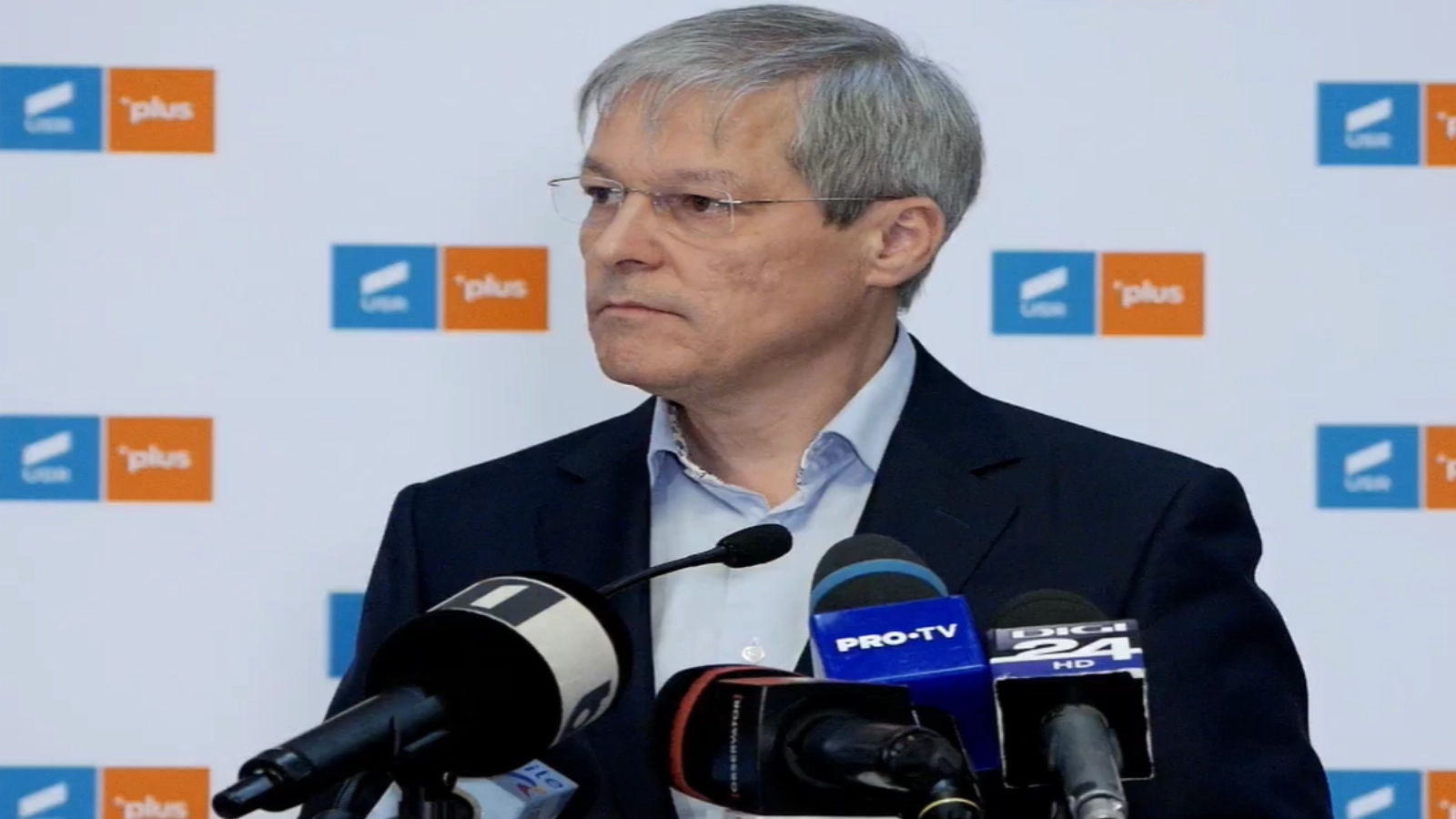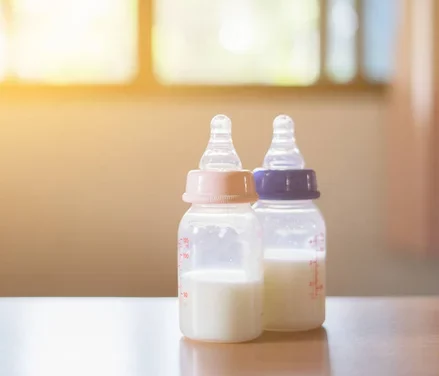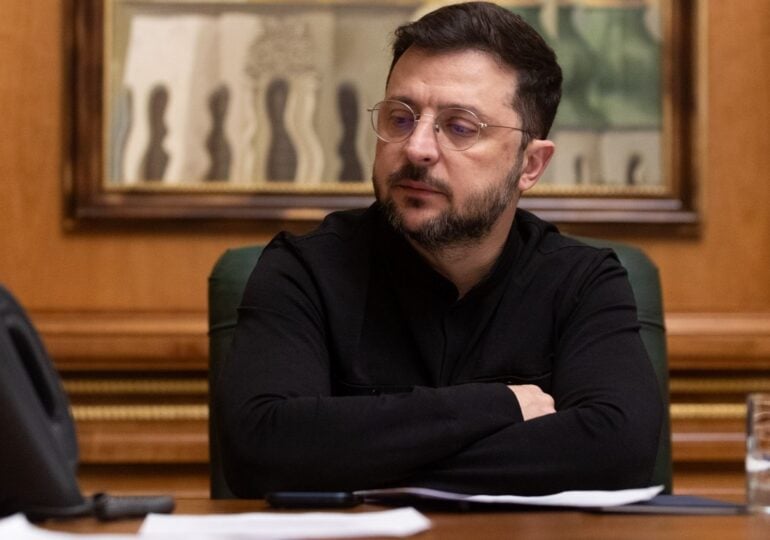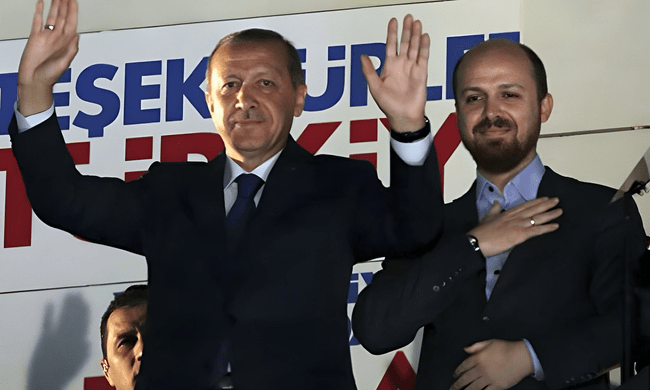The Save Romania Union (USR) proposes, in the governing program of the Ciolos Cabinet, a series of urgent measures for the management of the COVID-19 pandemic.
"We need courage to bring the epidemic back under control. Hesitations, empty triumphalism, the militarization of the vaccination campaign, the lack of commitment in the fight against fake news - all contributed to an explosive cocktail. The government we support will have to put politics back publishes on a scientific and rational basis and have the courage to sanction the refusal of vaccination and to take all measures so that those vaccinated return to a normal state of affairs", the USR document states.
In the short term, USR aims to reduce the transmission of SARS-CoV-2 infection, reduce the pressure on the hospital medical system, and provide medical care for patients who develop moderate to severe forms of the disease.
It is envisaged to speed up the request for external assistance through the European Civil Protection Mechanism and not only.
Among the measures proposed by USR are:
* limitation of social events and non-essential activities in closed public space depending on the evolution of the pandemic wave, conditioned by the presentation of the COVID green certificate;
* limitation of the number of participants and physical distance for open space events (pilgrimages, sporting, cultural events, etc.);
* postponement of the school year: two-week vacation, with recovery during the summer; return in physical format in localities with an incidence of less than 6 per thousand inhabitants after the two weeks, continuing online for the rest of the localities (exception: pre-school and primary education, which continues in physical format);
* resumption of testing for SARS-CoV-2 infection in schools: nasal (non-invasive) testing, free of charge, performed by medical staff, for children and symptomatic teaching and support staff or contact-based one;
* access to non-essential enclosed spaces (restaurants, cinemas, etc) only with a COVID green certificate; access to malls on weekends only with COVID green certificate;
* measures to lift the foreseeable restrictions, correlated with the incidence rate and with the vaccination rate at the level of the administrative-territorial unit.
Preventive measures are proportionate in intensity to the risk of COVID-19 transmission in a given activity. Greater precautions for activities with a large number of participants and high risk of transmission, such as bars, clubs, gyms, events such as weddings, baptisms, and lower precautions for activities with a lower risk of transmission, such as conferences, religious services with a small number of participants, cultural events.
Schools have priority, pre-school, primary education and for the final classes remain with physical presence regardless of the incidence of COVID-19 diseases, and for the rest of the classes it goes online to incidence of over 6, except for situations where a significant percentage of the population over 16 of the respective unit is vaccinated (over 70%) and over 90% of the teachers of the respective school are vaccinated, a situation in which the operation with physical presence of all classes is allowed.
In the medium and long term, USR aims to increase the percentage of the vaccinated population, ensuring access to medical services for non-COVID patients.
It is envisaged "decoupling public health decisions from the political factor, transparency of information on: the purchase of vaccines (number of doses purchased, expired, donated, sold); the number of employees in the health and education system vaccinated or at the unit level; number of infected / hospitalized / deceased persons among vaccinated and unvaccinated persons - at county level.
USR proposes, in the government program, a national pact for vaccination with the invitation of all political parties, the business environment, civil society and cults.
At the same time, it is foreseen the use of the sanitary certificate for access to work of all employees in the public system and for those in the private system who come into contact with the public, going until the suspension / interruption of the employment contract in case of refusal - deadline 30 November 2021.
With the same term, the involvement of the civil society in the promotion of the anti-COVID vaccination is considered, by creating a fund from which to finance projects in the field in the communities with low immunization rate. Funding will be transparent and outcome indicators will be monitored. TEL-VERDE to answer the population's questions related to vaccination, with a number promoted through national broadcasting channels.
October 30, 2021 is a deadline for the allocation of budgetary resources, through the General Secretariat of the Government, to finance surveys, focus groups to assess the reasons for resistance to vaccination; national campaigns to promote vaccination adapted to the results obtained from sociological research, financing a task force to combat fake news; training with family doctors and specialists.
The USR program also provides sanctions for physicians who spread anti-vaccination messages in public.
The abolition of the quarantine leave allowance for unvaccinated persons is also being considered.
USR also proposes:
* increasing access to testing, shortening time, through ambulance services: testing at family doctors, in outpatient clinics and laboratories that are under contract with CNAS, testing in schools and pharmacies. The testing will be accessible free of charge for people who have a medical indication and for a fee for issuing the health certificate, with the price cap for antigen tests;
* increasing the share of COVID-19 patient care in primary and outpatient care, reducing the pressure on the hospital system;
* ensuring the adequate financing of the hospitals for maintaining and improving the functioning capacity of the departments that treat COVID-19 patients; ensuring adequate funding for the acquisition of effective treatments against COVID-19;
* psychological support for medical staff involved in the care of COVID-19 patients, available free of charge.



















Comentează